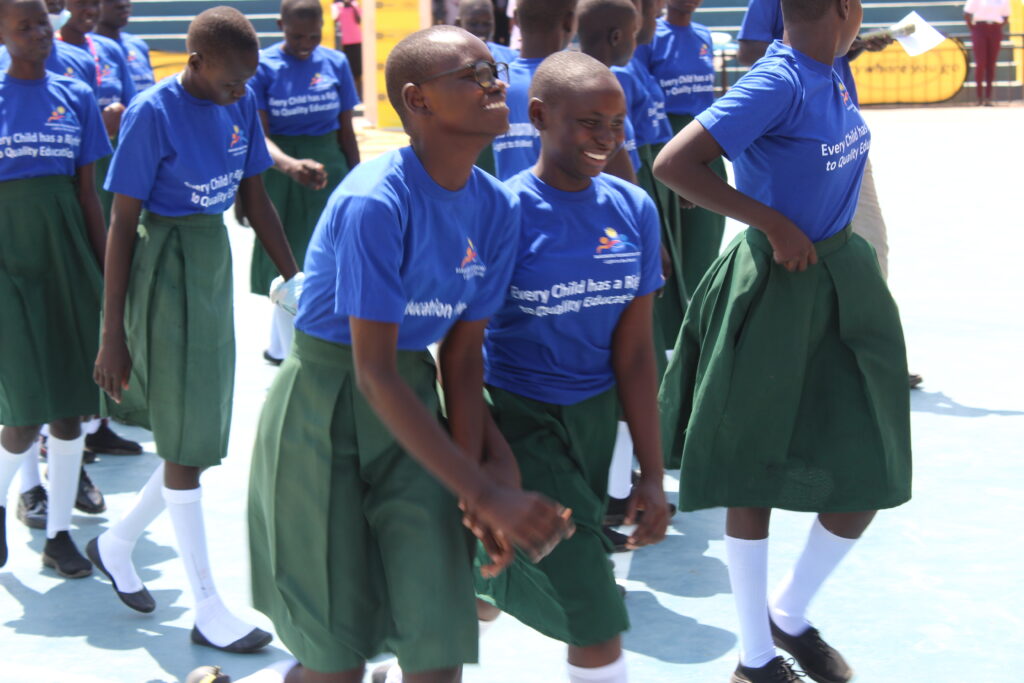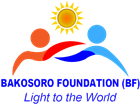
One of the gravest consequences of civil conflict has been the destruction of social services. During the 2013-2016 civil conflict, people fled their homes to the camps so a number of installations have been overrun. Some schools were operational in the IDP camps, however with the return, there are few schools in the villages.
There are testimonies of parents leaving their children in the camps so that they can at least continue with their education. It should however be noted that because of civil conflict, recruitment and retaining of teachers has been low, the level of performance of the schools is also been low, due to poor quality services, facilitation, as well as in some instances, not knowing how to handle children who have been traumatized.
BF experience in South Sudan shows that child participation, awareness rising in communities, enlisting support from care takers and wider communities, and implementation of recreational and creative activities have a positive impact on school enrolment and retention. The activity helps to create a child friendly environment that stimulate children to enjoy learning.
They also help to foster resilience, which these children require to address and cope with the problems they face daily.
Among the programs we do to support primary schools includes;
- Training Parents, youth and other community structure on the right to education
- The formation and strengthening of Girls Education Movement Clubs in schools
- Carry out Advocacy using radio and other media towards education.
- Supporting creative arts, games and sports for children
- Community dialogues and monitoring progress in the access to education
- Provision of mosquito nets to children to prevent them from malaria attacks and affecting their education.
- Provision of scholastic materials and sanitary pads to encourage girls to go to school
- Provision of school feeding programs to lower grade children i.e. in primary 1- 4.
- Participate in celebrating international day like DAC, International Child Labor day
